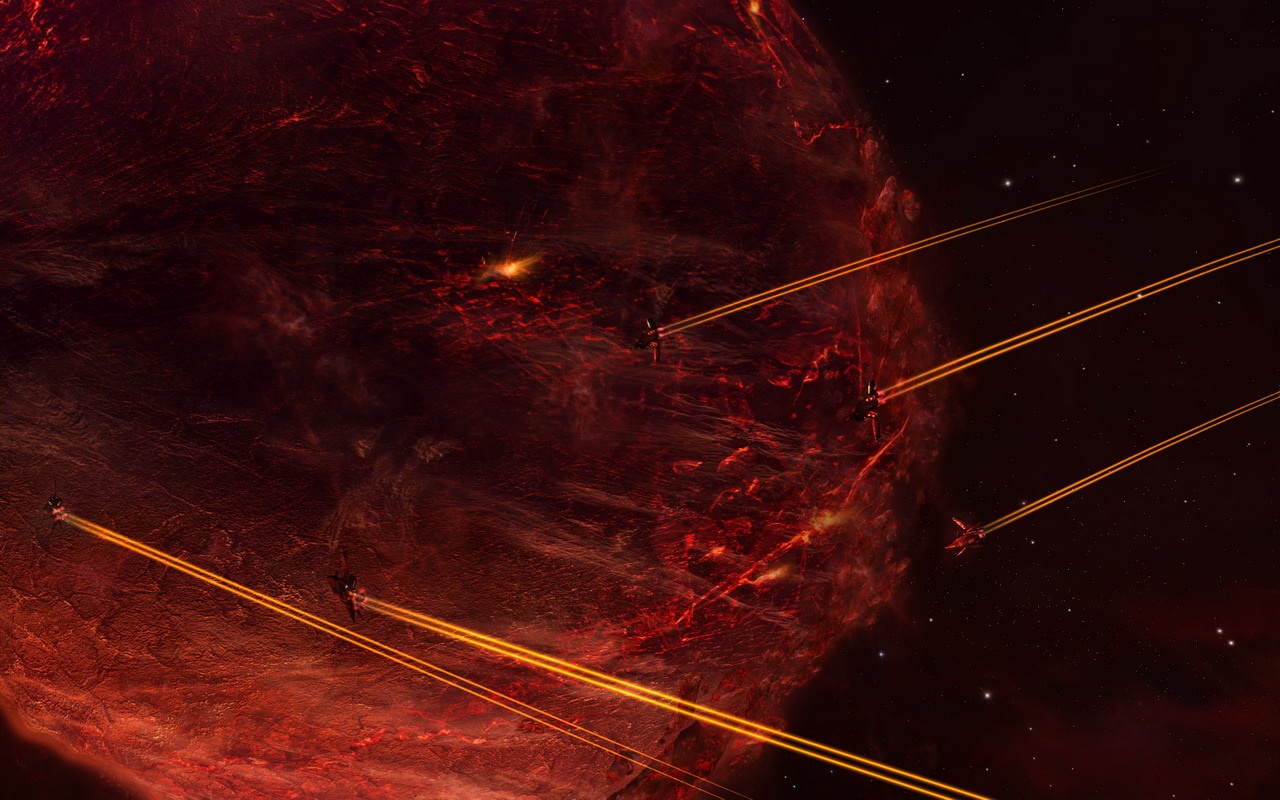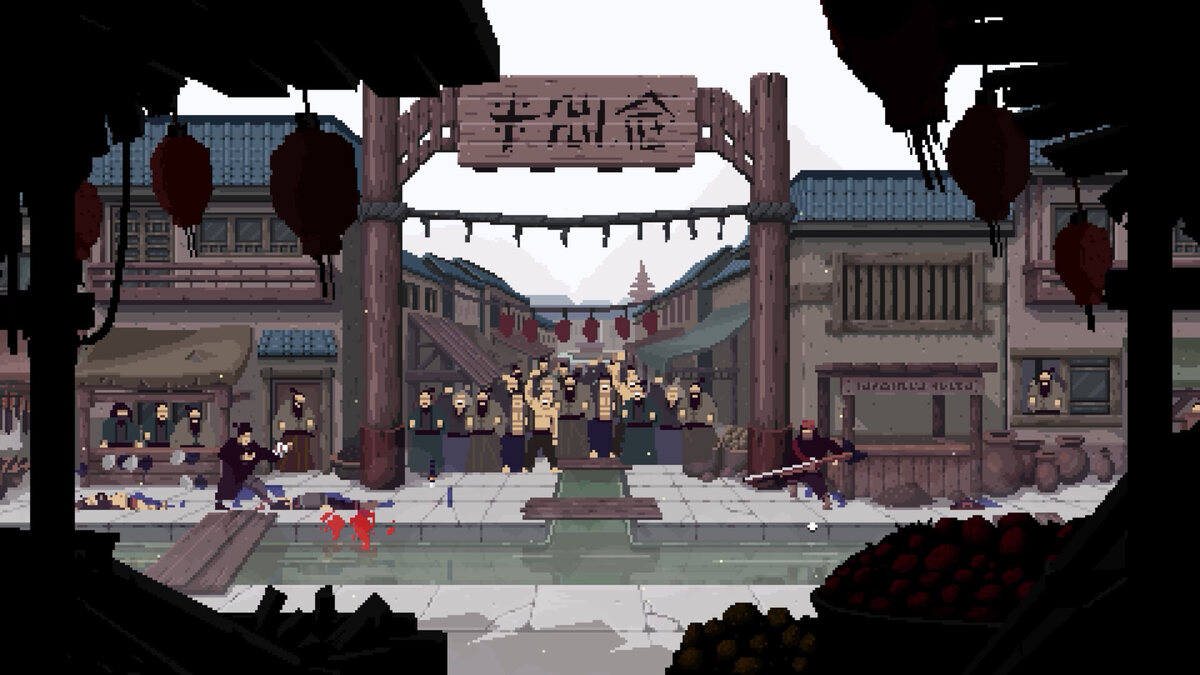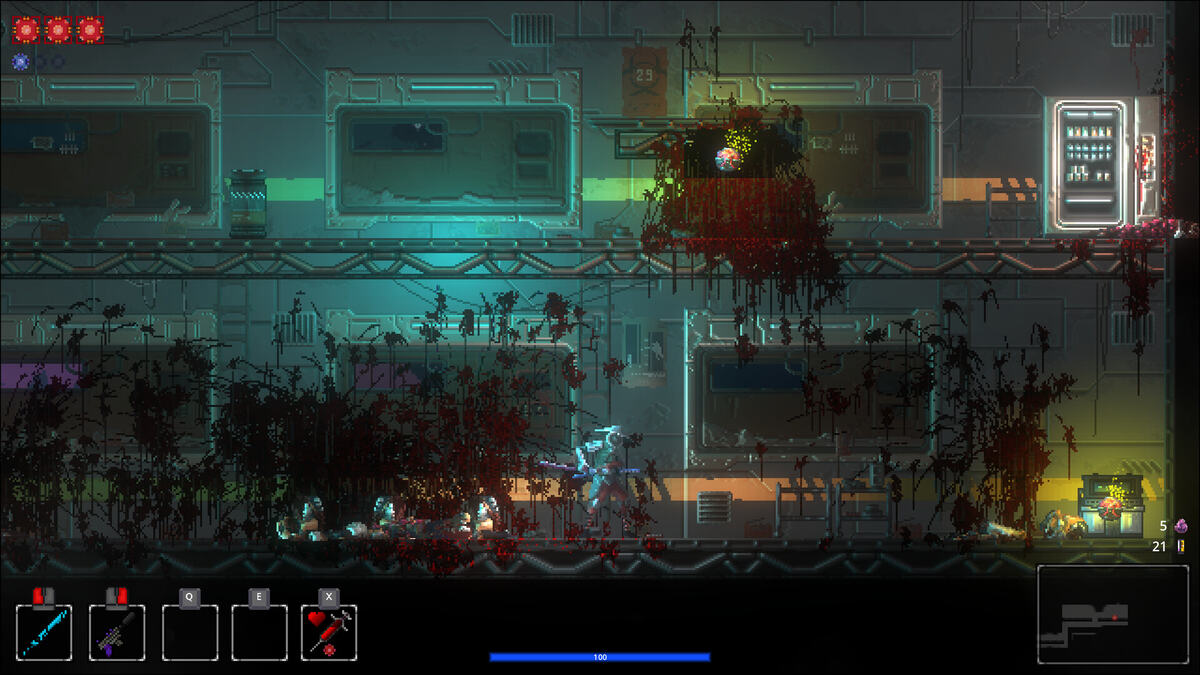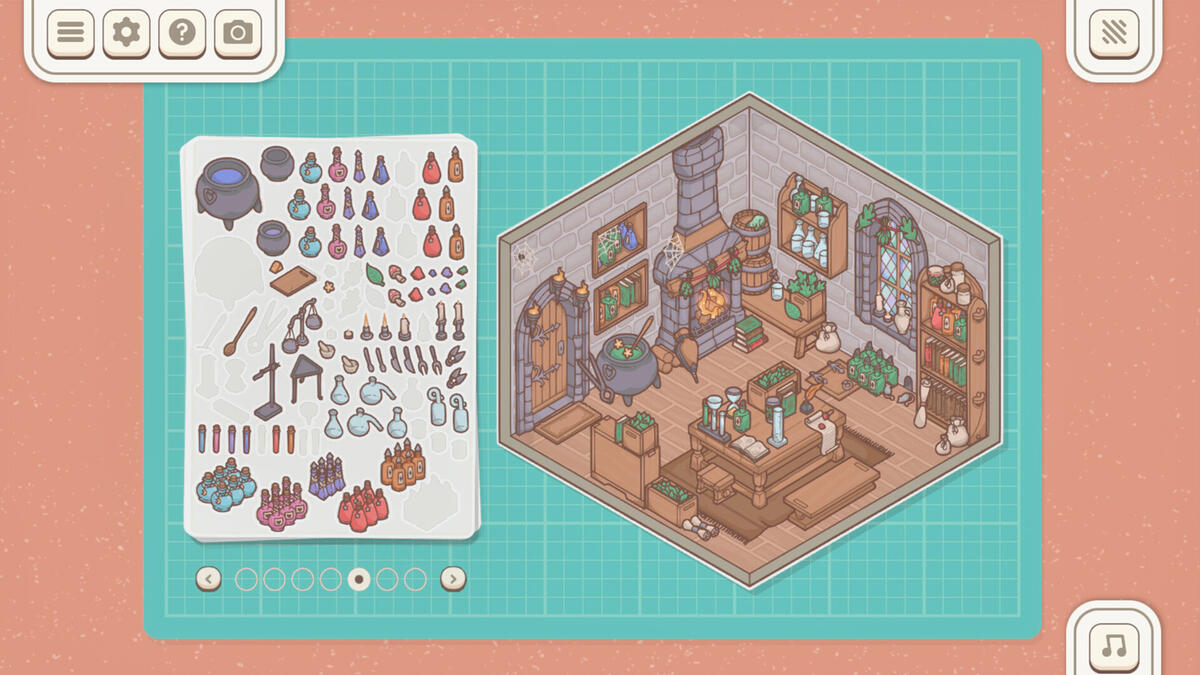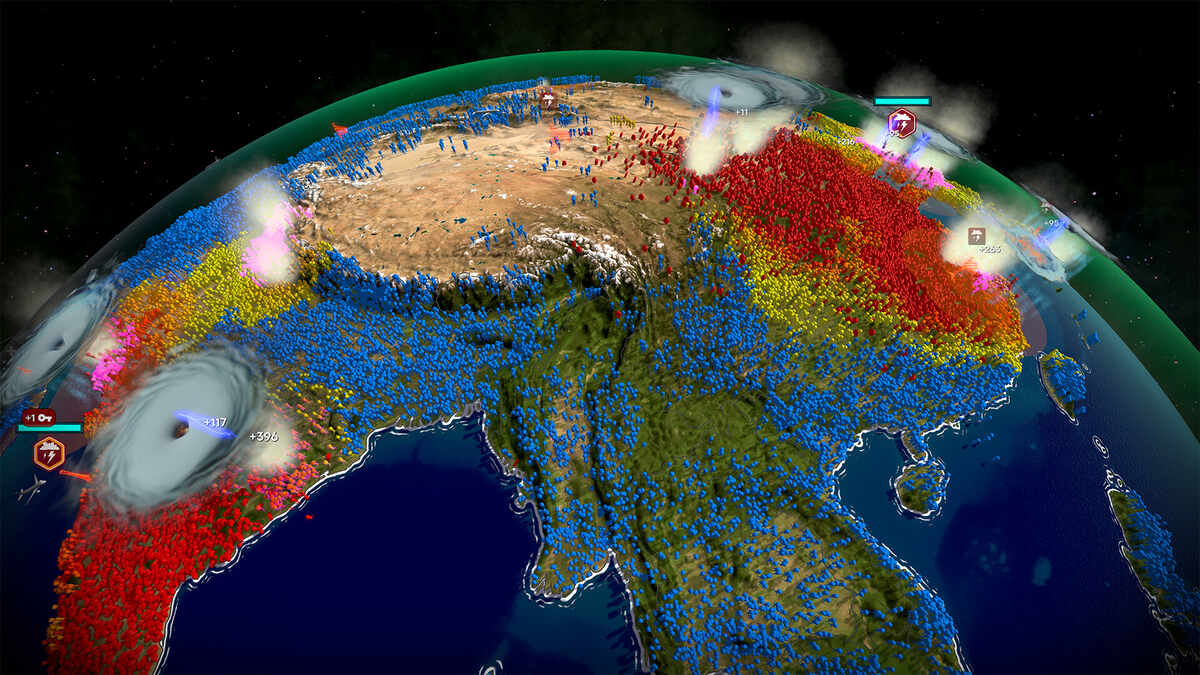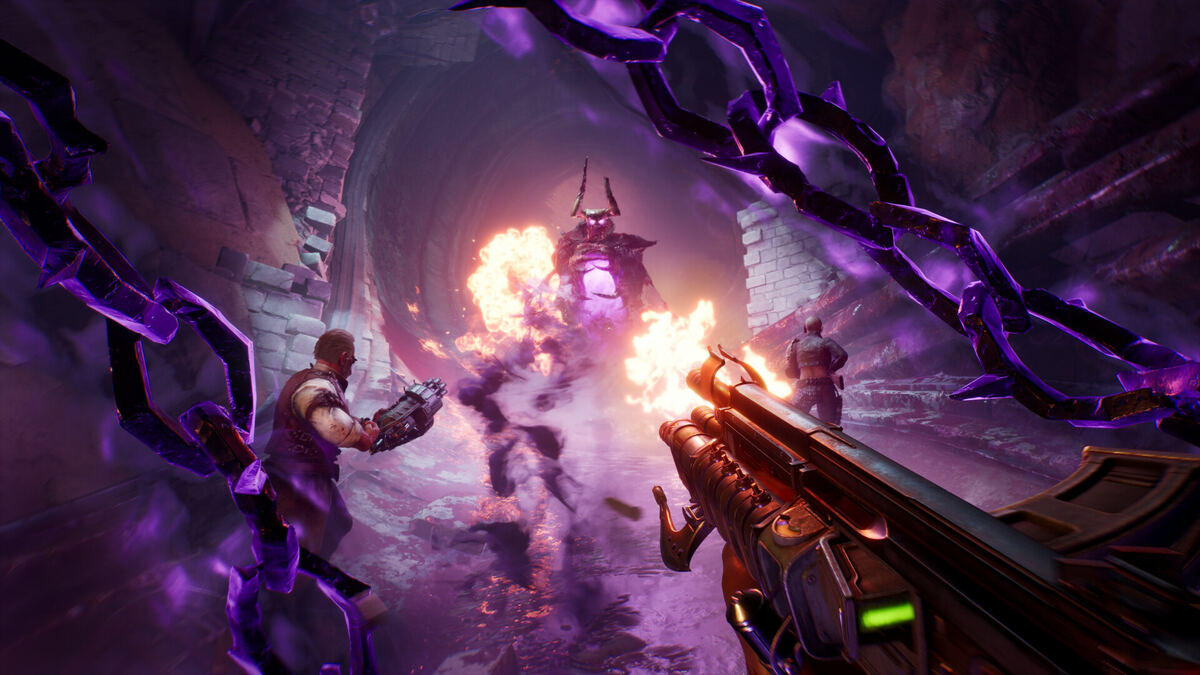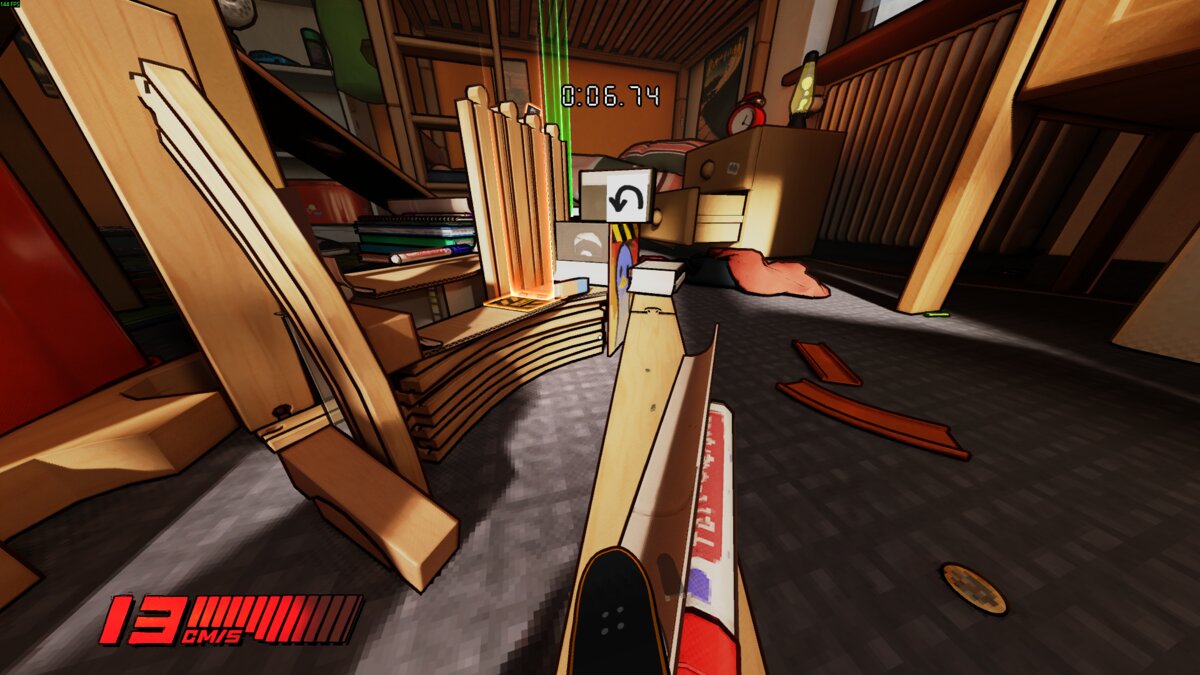You can trust VideoGamer. Our team of gaming experts spend hours testing and reviewing the latest games, to ensure you're reading the most comprehensive guide possible. Rest assured, all imagery and advice is unique and original. Check out how we test and review games here
With the release of Codemasters Online and NetDevil’s Jumpgate Evolution getting ever closer and brand new info being released on the game’s ships, we thought we’d fire a few questions at Hermann Peterscheck, Lead Producer, in the hope he had his shield down for us to get a few through his defences. Read on for details on why no ship will be the obvious choice and why Jumpgate isn’t an MMO only for the hardcore.
VideoGamer.com: You’ve just unveiled a wide range of ship categories for Jumpgate Evolution. How much variation will there be in the way they handle?
Hermann Peterscheck: That’s the primary difference, actually. If you think about traditional RPG games, classes are different because of the way they feel to play. In vehicle games this translates to the way that the vehicle feels and I think this is even more the case with space crafts. It’s important that a small fighter feels agile and manoeuvrable and that a heavy fighter feels heavy and powerful. Commercial vessels should feel like intergalactic trucks. We discovered that subtle differences go unnoticed and therefore the strong and extreme variation is much better than tons of small little differences.
VideoGamer.com: What is the biggest ship you’ll be able to pilot, and how does it compare to the more common vessels?
HP: Right now the biggest ship is a double hauler and it’s around 8-10 times larger than a basic shuttle craft. To put that into perspective, that kind of ship would be about 200-300 m long. In PVP there are capital ships that you attack and defend that are 3-4 km long. We’ve also got interior maps we are working on that are even larger than that. Lots of people want player flown capital ships so you never know what we’ll do next.
VideoGamer.com: The press release mentions the trainer ships for newcomers. How will you govern a player’s progression through different classes and categories? Will there be licenses or training to complete, or is access purely governed by how much cash they’ve earned, like Elite?
HP: Both. We start people with a ship that is easy to fly and allows for versatile activities. Combat, mining, hauling and so on can all be done with these basic utility ships. Of course, they don’t do it as well as the higher level ships, so there’s lots of reasons and opportunities to upgrade. Thus we start you in a nice, easy and fun ship to fly and then introduce the more specialized ships later. There are various things required to get ships. Some of them require faction rating, others require licenses and most of them will cost some amount of money. The idea is that we provide multiple paths for rewards – and we consider new ships to be one of the most satisfying rewards.
VideoGamer.com: You’ve mentioned that players will be able to customise their ships… Could you tell us a bit more about this? What’s the coolest thing you’ll be able to modify on your ship?
HP: So in terms of equipment we have guns, missiles, utility slots, MODs, power plants, engines, and radars. Each of those has sizes ranging from 1 to 4 or 5. MODs are specific to type. For example, you might have a combat-based mod or, perhaps, a commercial mod which may give a bit more inventory space, for example. Obviously there is a lot of variation in terms of gun and missile types. Missiles and MODs can also be countermeasures – for example we have chaff that takes a missile slot. It’s really as complex as we want to make it and as varied as the player wants.
VideoGamer.com: Will players benefit from sticking quite rigidly to one career path (combat, cargo-running or whatever) or will it be necessary to jump around between roles?
HP: Both are valid paths. I expect that players will focus in one major role but dabble in the other roles as well. There is nothing in the game that stops someone from flying a combat ship in the morning and doing mining at night, however. You don’t choose to be a “miner” and are then locked into that type of gameplay. We wanted to make a game where players were free to grow their pilots however they choose and for as long as they wish.
VideoGamer.com: On a similar note, has it been hard to balance out the different ship categories? Presumably you don’t want everyone to opt for the same craft…
HP: Exactly so. Making ships is a difficult task. You have to make sure there is something about it that is highly desirable without making a super-weapon. This comes from lots of testing, especially in PVP for ships that do combat. What we tend to do is design a weakness and then offset it with a strength. For example, when we made heavy fighters we gave them 4 missile slots which made them brutal in PVP. To counter this we added minimum range to those more powerful missiles so now if a light fighter closes quickly on an undefended heavy fighter, it’s going to be bad times. This ends up creating an incentive for light fighters to defend the heavies which try to stay a bit out of range. If you just leave the heavy fighter without balancing the missile behaviour everyone will fly a heavy fighter. Thus you must answer two questions: 1) Why would anyone fly this ship? 2) Why doesn’t everyone fly this ship? You know you have it right when people argue about which one is better without reaching a conclusion.
VideoGamer.com: A lot of MMORPGs are quite focused around the prestige of attaining a certain level, or of claiming a particularly rare piece of loot. What is the equivalent in Jumpgate Evolution? Are there any ships that will only be available to the best players?
HP: I think there is no way to escape the fact that MMOs need some kind of long term and short term achievement. Yes, there are rare, hard to get ships and items in the game. The goal is that there is always something cooler for people to get. That being said, we have lots of other stuff too, such as tons of medals, in-game stats tracking, and don’t forget PVP leaderboard and ratings. I think it’s really important that each activity leads to some kind of sense of achievement. Usually it involves some new thing that I get. In one case it’s that cool looking ship, or that powerful gun. In another it might be a sweet looking medal, or maybe a title that no one else has. I think the question that is in our minds is “why would anyone do this?”
VideoGamer.com: Aside from the obvious graphical overhaul, what are the big differences between this and Jumpgate: TRI? Will veterans of the first game find it easy to drop back in, or will there be a lot of new stuff to master?
HP: Hopefully both. We’ve made a conscious decision to make the game easy to jump into and I think we have succeeded in this regard. What we have to make sure we do correctly is to provide a mixture of challenge and entertainment to all these new and returning pilots. That is no small task. There is a constant tug-of-war between something being too easy and too hard, too rewarding and too punishing. The spectrum of potential players is large and it’s impossible to appease everyone. I think, therefore, you do your best to make sure that the product provides high quality entertainment but also stay true to its core value. That sounds like a mouthful of marketing nonsense, but it’s really quite true. People will forgive something they disagree with if it’s in-line with the rest of the game and fits well. That being said, fun is king. When people stop having fun, well, that’s when we get nervous. We’re really interested in making sure that each part of the game is fun for as many people as possible.
VideoGamer.com: What kind of big “in-world” events can we expect to see in Jumpgate? Are there going to be pre-organised wars and the like, or do you anticipate that this kind of thing will happen organically?
HP: Both, again. I’ve been doing the MMO thing for quite some time and if there is one thing I’ve learned is that players will never, ever, do what you expect them to do. People are creative and intelligent. They see these games as new worlds to explore and figure out and no amount of guiding or planning will ever tell you what thousands of individuals will come up with. Thus, we are very interested in looking at what people do and say and responding to it. So, specifically, let’s take the beacon system. This was very popular in Jumpgate Classic so we’re putting it on steroids. Now, instead of just flipping a beacon and that’s it, there’s a Battlestation system built on top of it. Thus, beacons become focus points for large scale combat. Battlestions are cool, large scale combat is cool, so we just put them together. So that is a constructed event that comes from an organic experience. I can assure you that players will find interesting ways of interacting and we will be actively encouraging that with reasons for doing those things. I think too many developers see their games as a way of creating some kind of adversarial relationship with players. If a player finds some kind of cool unexpected thing, they kill it off. I never really understood that. If people figure out that flying through caves is cool, then why not build something like a fly-through-the-cave race that happens every two hours or something? If people figure out that by getting 70 heavy fighters together to take out a conflux hive, then add a new map that combines 6 hives together and see if they gather 140 heavies together. In my mind, we should always be chasing the cool.
VideoGamer.com: Finally, a personal question: what’s your preference – Star Wars or Star Trek?
HP: Impossible to answer. I love the “magic-tech” of Star Wars and I love the sci-fi optimism/philosophy of Star Trek. That being said, there’s a new Trek movie coming and I’m irrationally excited for it. To get on a soap box of mine, notice that both of those IPs are hugely main stream, so I don’t want to hear about how science fiction games are hard-core or niche products. It’s not the case at all. I believe that Jumpgate could be a mass appeal game and that is exactly what we are trying to do. This doesn’t mean the game is “easy”, it just means that the reward is appropriate to the level of investment. If you play a ton, you should get much more out of the game than if you play a little bit, but if you just play a little bit, that should be fun and rewarding as well… don’t you think? There are people who read every Star Trek novel, go to all the conventions, collect all the autographs. I’m not one of them. Does that mean that I shouldn’t be able to enjoy the movie or the TV shows every week? Of course not! Why do we think that games are any different? There’s enough Trek that someone can spend their whole life in that world, but it’s also accessible enough that someone can just spend an hour every few weeks and still love it. That’s how we should be making games in my opinion.
VideoGamer.com: Thanks for your time Hermann.
Jumpgate Evolution
- Platform(s): PC
- Genre(s): Massively Multiplayer Online, Science Fiction, Simulation
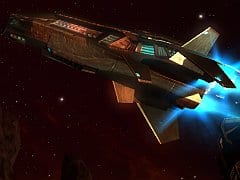
/https://oimg.videogamer.com/images/05c1/jumpgate_61.jpg)
/https://oimg.videogamer.com/images/9537/jumpgate_63.jpg)
/https://oimg.videogamer.com/images/1ae3/jumpgate_64.jpg)
